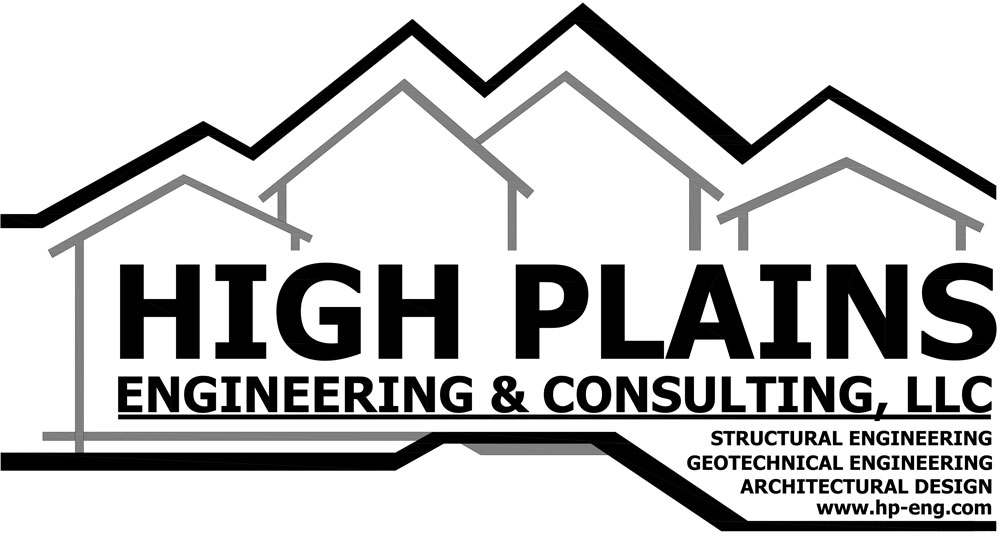Steel open web joists are one of the most popular framing systems in commercial construction. There are many reasons for this popularity. They’re versatile, offer a clean look, and are relatively lightweight, making them easy to work with. However, steel open web joists also have their fair share of disadvantages. One of the biggest problems with steel open web joists is that they can be susceptible to buckling. Buckling occurs when the joist is subjected to a load it cannot support. This can happen for various reasons, but most often, it is due to poor design or installation. When buckling occurs,... View Article
Braced frame and moment frame stands out as some of the most used terms in construction. Any construction work you will be involved in will utilize one of these two methods. The two framing methods are fundamental in ensuring that your structure is stable and can withstand different loads that will be placed on it. In this article, we will take a closer look at the two methods and see their key differences. 1. Cost One of the fundamental differences between the two methods is the cost. A braced frame is generally going to be the more affordable option when... View Article
A building generally goes from concept to design to final construction. A set of architectural drawings helps to guide the building process. As often happens with plans, they can change, which means changes in the architecture and how the building is finally constructed. Fortunately, when a building is complete and ready for use, an as-built drawing can provide detailed information on the final construction. You might wonder: What does as built drawings mean? As-built drawings accurately represent the building’s architectural design as it was built. Why As-Built Drawings Matter You might own a home or another property that you want to... View Article
Soil compaction testing is critical in any construction process. Soil that hasn’t been adequately compacted can be detrimental to the structural integrity of buildings, roads, pavements, and other retaining structures. Consequently, proper soil integrity can either make or break your structure. Due to the role that soil plays in structure reliability, soil compaction is necessary in most cases. That’s why the transportation department in America and building codes require soil compaction procedures. So, what is soil compaction test, and how does it help your construction or engineering work? This post covers everything you need to know. What Is a Soil... View Article
Retaining walls are popular in both commercial and residential properties. They are beautiful and can transform your landscape easily. They also prevent soil erosion, allowing greenery to stay in place. Whether you are a residential or commercial developer, below, we have highlighted four different types of retaining walls to consider for your project. Cantilevered Retaining Walls These walls are also referred to as reinforced retaining walls. They have steel bars running through the masonry or concrete retaining wall. The retaining walls are attached to a slab foundation that is usually under the soil, giving the wall an L-shape. The weight of... View Article

 HPEC is an active member of CAGE
HPEC is an active member of CAGE